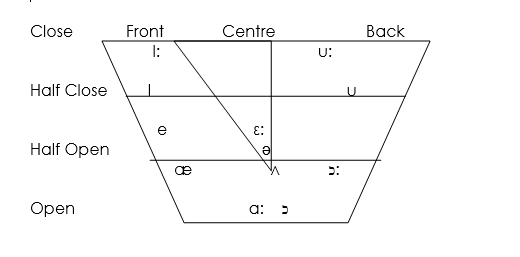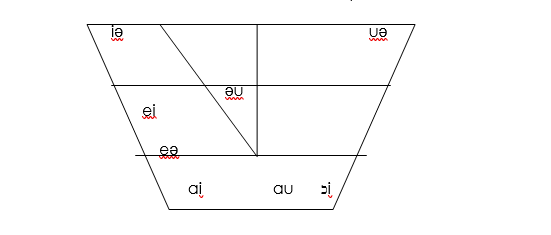Back to: ENGLISH LANGUAGE SS3
Welcome to class!
In today’s class, we will be talking about vocabulary development: business, etc. Enjoy the class!
Comprehension: Business
The passage centres on the establishment of PZ Cussons and its gradual growth in the nineteenth century. It was formerly known as PZ until 1975 when it acquired Cussons. Thus, in 2002, it was renamed PZ Cussons to underline its core product range.
Today, PZ Cussons is a leading public company with interests worldwide.
Evaluation
Questions on Page 87
Vocabulary Development: Business
The passage consists of two passages on business. Some of the words used in them include trade, entrepreneurs, enterprises, factories, industries, apprentices, labourers, warehouse, stock, manager, export, retail, merchant, etc.
Evaluation
Vocabulary, Page 88.
Nominalization
Nouns formed from adjectives
Adjectives Nouns
- able Ability
- holy Holiness
- lazy laziness
- clean cleanliness
- bitter bitterness
- dark darkness
- warm warmth
- wise wisdom
- young youth
- strong strength
- poor poverty
- ill illness
- heavy heaviness
- equal equality
Nouns formed from verbs
Verbs Nouns
- repeat repetition
- mix mixture
- injure injury
- enjoy enjoyment
- bond bondage
- choose choice
- accuse accusation
- enter entrance
- differ difference
- hate hatred
- govern government
- endure endurance
- satisfy satisfaction
- think thought
Evaluation
Write the nouns of the following words:
(i) lose (ii) obey (iii) lend (iv) omit (v) give (vi) long (vii) true (viii) deep (ix) hard (x) fertile
Monophthongs and Diphthongs
The vowels in English are classified into two main groups pure vowels (monophthongs) and diphthongs
Monophthongs:
The monophthongs are sub-classified into short vowels and long vowels.

Diagram showing the English vowel chart.
The monophthongs are listed below with examples of words where they occur.
- / i: / – beat, seat
- / i / – bit, sit
- / e / – bed, hen
- /æ/ – cart, part
- /a:/ – cart, part
- / כ / – Pot, cork
- /כ:/ – port, cork
- /u / – put, foot
- /u:/ – two, woo
- /л/ – hut, cut
- /3:/ – bird, herb
- /ə/ akin, baker
Diphthongs:
The diphthongs differ from the pure vowels (monophthongs) because their articulation involves a glide from one vowel quality to the other. There are eight diphthongs in English and their phonetic symbols indicate the initial and final vowels represented in the articulation.

Diagram showing the diphthongs in English.
The diphthongs are listed below with examples of words where they occur.
- /ei/ – pay, again
- /əu/ – go, home
- / αi/ – rice, kite
- /au/ – cow, house
- / כi/ – toy, voice
- /iə/ – ear, here
- /eə/ – air, hair
- /uə/ – poor, tour
Evaluation
Exercise 1, Question C, Nos 1 – 10, Page 30. Exercise 2, Question B, Page 31 Oral English for Schools and Colleges.
General evaluation
Comprehension
- Meteors: Summarise the passage in three short sentences.
Structure: State the grammatical functions of the underlined expressions;
- Mr John who lost her sight a year ago was elected to the council last week.
- She gave us direction to the restaurant where we are to meet for lunch.
- What are the nouns formed from these verbs: lose, lend, do, omit, injure.
Letter Writing
- Write a letter to your friend who is in another school about your annual inter-house sports which you celebrated recently.
In our next class, we will be talking about Essay Writing: Formal and Informal Letters. We hope you enjoyed the class.
Should you have any further question, feel free to ask in the comment section below and trust us to respond as soon as possible.
